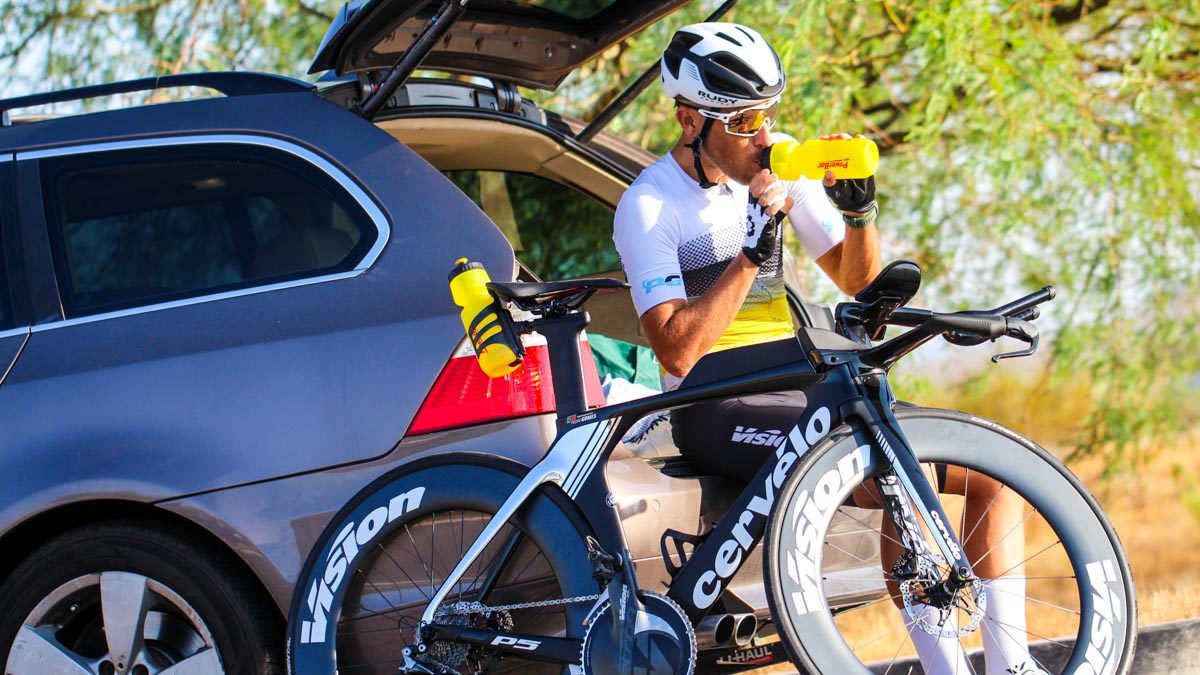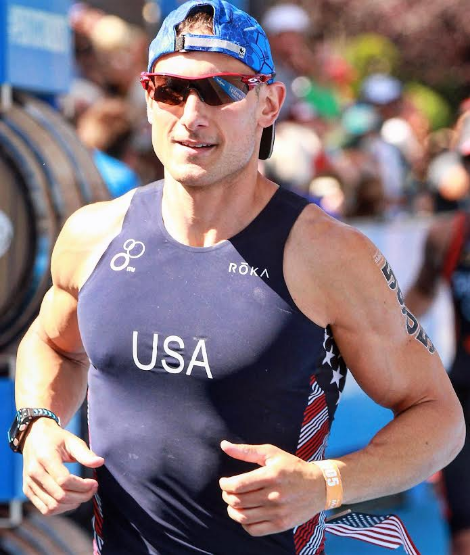When it comes to water-soluble vitamins, sweat is a threat. During an intense workout, sweat carries out our B vitamins, vitamin C, and important minerals. As athletes, this is particularly concerning because of the importance of these vitamins in our energy production, waste removal, and muscle growth and repair.
Vitamin Loss in Athletes
Water-soluble vitamins and minerals can only be stored in small amounts for short periods in the body. This raises the stakes for athletes, particularly during hard training periods and in hot conditions. While it is critical to stay hydrated, it won’t prevent the loss of these essential vitamins and minerals.
Significant vitamin and mineral loss can limit an athlete’s ability to push hard efforts and achieve optimal adaptation from hard sessions. Fortunately, athletes can continue to keep the hard sessions hard and the easy stuff easy because ensuring adequate vitamin and mineral levels is relatively simple. Athletes can do this by being intentional about getting the daily recommended dose and topping up when necessary.
How to Combat Vitamin Loss
The most natural and cost-effective way to meet or exceed daily recommended doses is by eating whole foods. The importance of fruits and vegetables cannot be overstated. No sports drink or supplement can replace what is nature’s pure package of essential nutrients. Below is a handy list of essential vitamins and minerals that are readily found in common grocery items.
B Vitamins: tuna, peanuts, black beans, lentils
Vitamin C: oranges, strawberries, spinach, broccoli
Vitamin D: salmon, trout, milk, eggs
Vitamin E: nut butter, seed butter
Calcium: milk, yogurt, beans, spinach
Iron: red meat, eggs, quinoa, spinach
Magnesium: leafy greens, almonds, pumpkin seeds, fish
Potassium: Sweet potatoes, bananas, tuna, avocados
Getting your daily dose of these vitamins and minerals is the first step, but in addition, supplementing with vitamin C before and after sweat-inducing sessions is a safe way to ensure levels don’t dip, while also helping to promote muscle recovery. There is some evidence that excessive Vitamin C intake can inhibit training adaptation, so don’t go overboard. Try to keep your total daily intake of Vitamin C below 500 mg. Similarly, increasing your daily dose of vitamin B complex — and in particular thiamin, riboflavin, and B6 — on hard or hot training days can stave off dips in the supply of energy to cells, ATP production, and macronutrient metabolism necessary to convert food to energy.
A daily dose of potassium, calcium, magnesium, and sodium will aid in maintaining your body’s electrolyte and pH balance. On heavy sweat days, athletes should consider topping up their mineral intake so as not to disrupt the delivery of nutrients to their muscles and the removal of any waste.
Though getting your nutrients from the foods you eat is ideal, there are times when supplementation on top of a whole foods diet is particularly advantageous. For example, if you are on a low-fat nutrition plan or in an energy deficit period to drop excessive pounds or achieve race weight, you may want to consider increasing your supplement intake since your limited diet may lead to a decrease in micronutrients.
Some athletes may also consider using supplements if they are in a prolonged heavy training phase, train often in heat, or are heavy sweaters. While there is no compelling evidence that “dosing” with vitamins or minerals will enhance performance, a deficiency could compromise your health and training progress.
If you notice a drop in performance or difficulty pushing through at the end of hard sessions, this could be a red flag that your vitamin and mineral levels have dropped too low. Sleep, recovery, injury, and other nutrient deficiencies may be the cause, but it is advisable to consider your vitamin and mineral levels in your overall performance assessment.
How much vitamin loss occurs depends on the intensity of the workout, hydration, and nutrition. It is important that you stay on top of hydration and electrolyte balance while being intentional in the nutritional choices you make. To achieve top performance, always choose whole foods as your primary source of nutrition and consider appropriate supplements to fill in any gaps in your health and performance profile.







